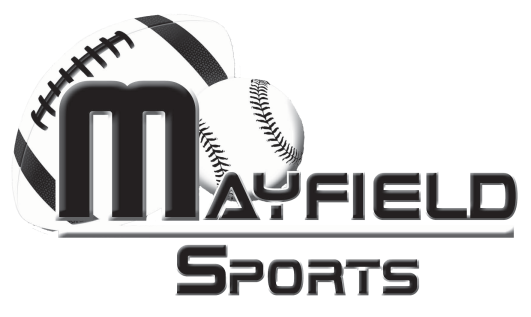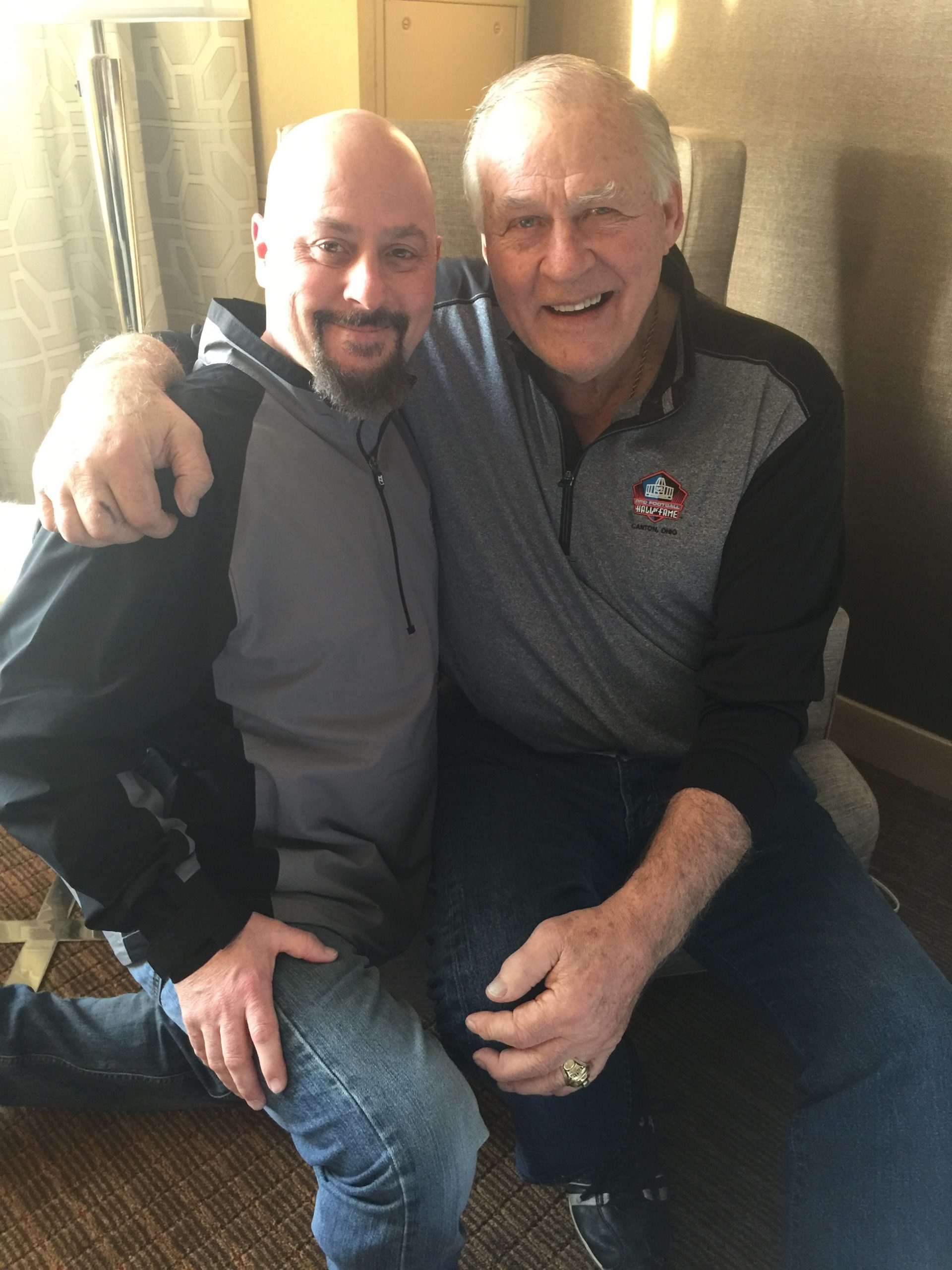Identifying the Right Sports Speaker
When selecting a sports speaker, it is crucial to align the speaker's attributes with our event's objectives and audience expectations. Understanding the compatibility between the speaker, event goals, and the audience will determine the success of our event.
Understanding Your Audience and Event Goals
We must identify the demographics and interests of our audience to ensure the sports speaker resonates with them. Additionally, we should outline our event's objectives—whether to educate, motivate, or entertain. For example:
- Audience: Corporate executives, age 30-50, interested in team-building.
- Goals: To inspire better teamwork within corporate structures.
Researching Speaker Expertise and Reputation
It is essential to evaluate a potential speaker's area of expertise to match our event's theme. We look for speakers who have not only achieved greatness in their sports but also those who can articulate their experiences effectively. We also consider the speaker's reputation, which includes peer recognition, media appearances, and past speaking engagements. We do so by:
- Expertise: Olympic medalist in athletics, specializing in leadership lessons from sports.
- Reputation: Regular sports analyst on national TV, keynote speaker at major sports events.
Considering Speaker Fees and Budget
Our budget dictates the speaker we can realistically invite. Sports speakers' fees can vary widely, so we match our financial resources with the fee while also considering the value the speaker brings. We prepare a table that juxtaposes speakers against their fees to make an informed choice:
| Speaker | Expertise | Reputation | Fee |
|---|---|---|---|
| Speaker A | Team dynamics in sports | High-profile | $20,000 |
| Speaker B | Overcoming adversity | Emerging talent | $10,000 |
| Speaker C | Peak performance techniques | Well-established | $15,000 |
Our selection process incorporates due diligence on the speaker's expertise, compatibility with our event's goals, and synchronization with our audience's expectations, all while adhering to our financial limits.
Contacting and Securing Speakers

When it comes to contacting and securing sports speakers for an event, we must be strategic and informed. Our approach involves interacting with a speakers bureau, initiating communication, and negotiating terms clearly.
Utilizing a Speakers Bureau
A speakers bureau serves as a valuable intermediary between us and the sports speakers we wish to engage. We generally find a reputable bureau with a wide range of speakers, ensuring its roster aligns with our event's theme and goals. After selecting an appropriate bureau, we reach out via email or phone to discuss our needs. It's crucial to provide them with specific details such as the event date, the profile of the audience, and the nature of the engagement to assist them in recommending suitable speakers.
| Information to Provide | Details |
|---|---|
| Event Date | Exact date of the event |
| Audience Profile | Age range, interests |
| Nature of Engagement | Keynote, panel, etc. |
Making the Initial Contact
Once a speakers bureau has provided us with options, we initiate direct contact. This involves crafting a professional email that includes our event details, the relevance of the speaker to the event, and our enthusiasm for their potential participation. Prompt and courteous follow-up emails are essential to maintain momentum in the conversation. We keep records of all communications to ensure clarity and accountability on both sides.
- Initial Email Checklist:
- Event overview and objectives
- Speaker's relevance
- Expression of interest and respect for the speaker's work
Negotiating Fees and Conditions
Negotiating the fee and conditions is a delicate process that requires transparency and respect for the speaker's standard rates. We discuss the speaker’s fee upfront to set clear expectations. It's important to inquire about additional expenses such as travel, accommodations, and any special requirements the speaker might have. This conversation also includes the speaker's schedule to ensure they are available on our preferred dates. Our objective is to reach a mutually beneficial agreement that considers the speaker's value and our budgetary constraints.
- Negotiation Points:
- Speaker's fee and payment terms
- Travel and accommodations arrangements
- Schedule and availability confirmation
- Any special requirements or technical needs
By proceeding methodically in securing sports speakers, we uphold professional standards and ensure a successful event.
Planning the Speaker Experience

When planning a speaker experience for a sports event, it's imperative that we align the content delivered by the speaker with our event theme, manage all logistical aspects, and create an environment onstage that positions both speaker and event for success.
Aligning Speaker Content with Event Theme
We carefully match our speaker's presentation to our event's theme, ensuring that the message resonates with our attendees and supports the overall event objectives. Theme is the cornerstone of content, so we examine the speaker's past talks, expertise, and audience rapport to confirm they can deliver a compelling narrative that aligns with our event. This may involve:
- Discussion with the Speaker: We initiate a briefing session to align the speaker's message with our event's theme.
- Content Review: Key points of the speaker's proposed content are reviewed in detail to ensure consistency with the thematic elements of the event.
Coordinating Logistics and Accommodations
Effective coordination is pivotal. For logistics, we take an encompassing approach that covers the speaker's schedule, travel, and accommodation. Here's how we break it down:
- Travel and Accommodation Table:
Aspect Detail Travel Confirming travel dates and booking flights. Hotel Reserving accommodation close to the venue. On-site Needs Ensuring proper facilities are available, including a green room for prep.
We engage with the speakers well in advance to ensure their schedule is synced with the event timeline and all accommodations meet their needs.
Setting the Stage for Success
Our final step is to ready the stage and venue to highlight the speaker's presence and ensure a seamless experience. This involves:
- Lighting and Sound Checks: Ensuring the technical aspects, such as lighting and sound, are meticulously planned and tested.
- Stage Design: We focus on a stage design that is not only aesthetically aligned with the event but also enhances the speaker's ability to connect with the audience.
We embrace these detailed pre-event arrangements to foster a successful speaker experience that complements the overall tone and atmosphere of our event.
Event Day Execution
On event day, we focus on time management and interaction quality to ensure everything runs smoothly.
Ensuring a Seamless Speaker Schedule
Managing the Speaker's Time:
We monitor the schedule meticulously to avoid any delays or overlaps. Below is a typical speaker schedule outline we adhere to:
| Time | Activity |
|---|---|
| 8:00 AM | Speaker Arrival and Briefing |
| 9:00 AM | Technical Rehearsal and Soundcheck |
| 10:00 AM | Event Start / Opening Remarks |
| 11:00 AM - 1 PM | Keynote Presentations |
| 1 PM - 2 PM | Lunch Break / Networking Session |
| 2 PM - 5 PM | Afternoon Workshops |
| 5 PM | Closing Remarks from Speaker |
Time-Specific Directions:
We provide speakers with a printed schedule upon arrival to ensure they are clear on the timing of their presentations and any other activities they are involved in.
Facilitating Speaker and Audience Engagement
Maximizing Interaction:
We create an atmosphere conducive to engagement by strategically planning Q&A segments and networking sessions. Suggested format for Q&A after presentations:
- 30 minutes post-presentation Q&A.
- Allocation of 5 minutes for audience to prepare questions.
- Clear guidelines on question length and topic relevance.
Ensuring Effective Delivery:
Our team provides support for the speaker's delivery with:
- Technical assistance for visual aids.
- Feedback loops for immediate resolution of issues during the speech.
Engagement through Technology:
We use event apps to facilitate audience interaction with real-time polls and feedback, ensuring active participation and connection with the speaker.
Post-Event Activities
Following the conclusion of an event with sports speakers, it's crucial for us to engage in certain post-event activities that not only measure the event's success but also lay the groundwork for future collaborations.
Gathering Attendee Feedback
Why It’s Important: After the successful completion of our event, timely gathering and analyzing feedback from attendees is imperative. This will give us direct insights into the impact of the speaker's presentation and overall event experience.
- How to Collect Feedback:
- Electronic surveys via email
- Paper feedback forms distributed at the event
- Follow-up phone calls for more in-depth discussions
Implementation: We ensure to draft clear and concise questions that can pinpoint what attendees liked and potential areas for improvement. We leverage this feedback to inform future event planning and speaker selection.
Establishing Ongoing Relationships with Speakers
Building Connections: To foster long-term relationships with sports speakers, we engage in meaningful follow-up actions post-event. Our aim is to create a professional network that benefits both our speakers and us.
- Methods for Follow-Up:
- Sending personalized thank you emails or letters expressing our appreciation
- Sharing attendee feedback that is relevant to the speaker
- Discussing future opportunities and events where there could be potential for collaboration
Strategy: We prioritize open communication and transparency with speakers, treating them as valued partners. This approach not only ensures their potential participation in future events but also strengthens our network within the sports speaking community.


